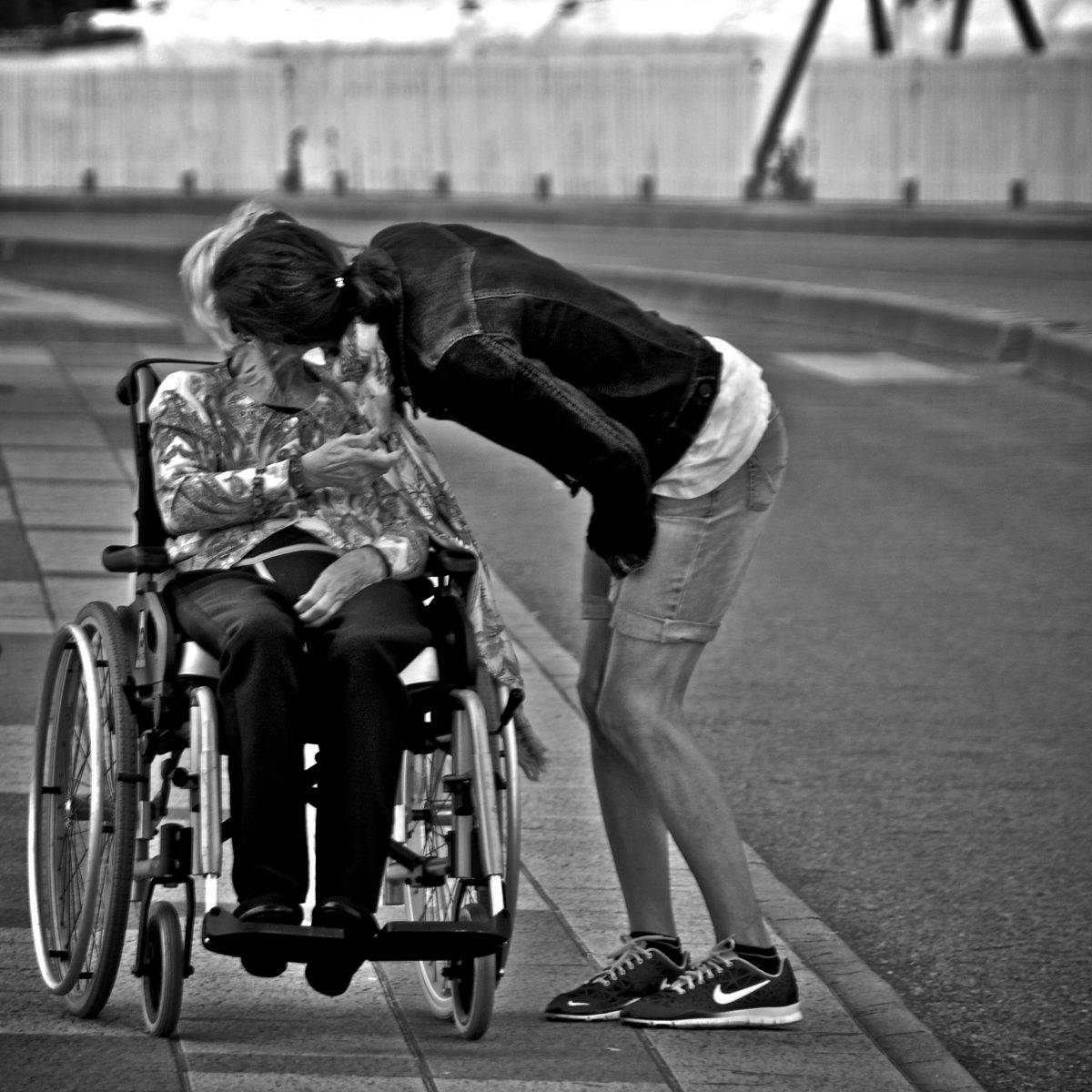You saw the signs, or maybe you didn’t, but either way, it’s here. You don’t realize that it’s one of your biggest fears until it happens: they’re no longer themselves, or worse, they can’t remember who you are. But, all is not lost.
Here are 5 tips on how to deal with a parent who is diagnosed with dementia or Alzheimer‘s:
1) Calmly give short and simple explanations for when they are confused. Lengthy explanations will only confuse and frustrate them even more. Give a tangible reminder in a calm manner. Most patients say they want to go home because it’s where they feel they have the most control and desire to get that control back into their lives. However, just try to make them feel safe and answer their questions as simply as possible, then find something else to do such as taking a walk or grabbing something to eat.
2) Often times a dementia or Alzheimer’s patient will accuse their loved ones of stealing or having trouble with finances. They also may have a tendency to hoard. It is important to be encouraging. If they are hoarding, suggest to help organize their belongings. If they are having trouble with finances, offer to help. Do not become frustrated, because that will only trigger frustration and aggression.
3) Try to understand why they are lashing out. What is happening in their environment? What song is playing? What is the smell in the air? What objects are in the room? Getting to understand their triggers will help you to understand how to help them. This is when knowing your loved one on a personal love is very helpful. If they are the type to want space, then give them space. If they need a reassuring hug, give them that reassurance. How you respond will allow them to return to calmness and serenity much faster.
4) Remember that they’re still your parent and they love you, but they just can’t control their behavior. It’s not your fault; it is the disease taking over. Be understanding. Your loved one is not lashing out or attacking you on purpose. Be patient with them.
5) Get to understand the disease. Put yourself in their place. Get to know the signs of dementia and Alzheimer’s if they haven’t already been diagnosed. If they have been diagnosed, figure out what’s best for them. Think about treatment and their care giving options. It is best to understand the disease and understand your loved one in order to put both of your minds at ease.
Dementia and Alzheimer’s are both scary diseases to deal with, both for the elder and you as their loved one. Remember that they are still your loved one, but just with a neurodegenerative disease. As long as you understand the disease, you will understand how you both can deal with it together.
To learn more about dementia and Alzheimer’s, click here for more information.
Photo Credit: Oiluj Samall Zeid



